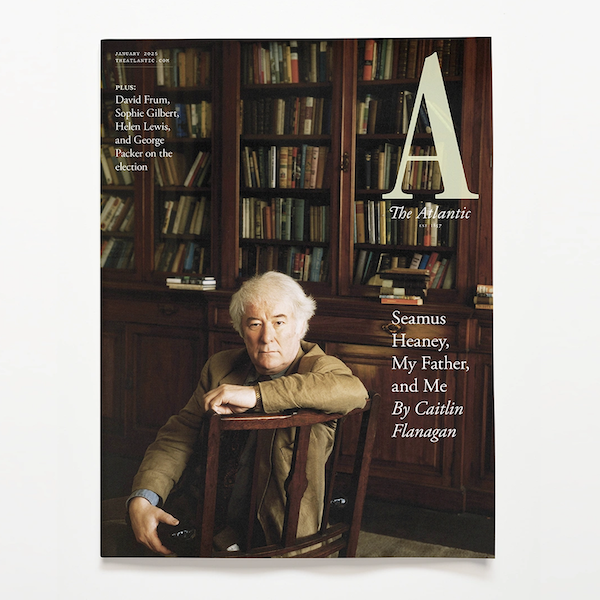What We Ask of Poets
I've been spending time with the poetry of Seamus Heaney lately. A Nobel laureate and a professor at both Harvard and Oxford, he was one of the most beloved and consequential poets of the past hundred years.
Heaney, born in Northern Ireland, was at the height of his powers during the Troubles, a bloody and awful time in that part of the world. He wrote poems in response to the violence—among them, elegies for lost friends—but some critics complained he wasn't "political" enough. They insisted he write more topically. More usefully.
I loved Caitlin Flanagan's recent essay in The Atlantic on Heaney, a friend of her family. I especially appreciated this passage on the vocation of a poet and the crucial work of truth-telling in situations of seemingly inexorable anxiety and suffering:
“What did people want from Seamus Heaney at that time? Everything. There was tremendous pressure for him to turn his poetry into a form of opinion writing and take moral command of the situation. He would never have done anything like that. He was a poet, not an on-call political-versification machine. More than that, he understood that what was happening didn’t fit into a neat rubric of oppression and colonial rule. This was a 14-year-old headed to band practice who was abducted, hooded, and murdered. This was an 11-year-old on her way to school when a bomb exploded in her father’s car. This wasn’t an academic debate about the Stormont government or the British army’s casual use of rubber bullets. This was hell.”
Thank God for poets and the manifold ways they help us see past the headlines to what matters most, what’s ultimately at stake. We need them, and all the more when life is scary or sad.
